About us
Publications
2020
Deliberative systems theory and citizens’ use of online media: testing a critical theory of democracy on a high achiever. Journal Article
In: Political Studies, pp. 1-18, 2020, (Pre SFI).
2019
Distributed Readiness Citizenship: A Realistic, Normative Concept for Citizens’ Public Connection. Journal Article
In: Communication Theory, 2019, ISSN: 1050–3293, (Pre SFI).
2018
Approximately Informed, Occasionally Monitorial? Reconsidering Normative Citizen Ideals. Journal Article
In: International Journal of Press/Politics, vol. 23, no. 2, pp. 227–246, 2018, (Pre SFI).
Find us
Lars Hilles gate 30
5008 Bergen
Norway
Contact us
MediaFutures
Office@mediafutures.no
Responsible Editor:
Centre Director Prof. Dr. Christoph Trattner
Christoph.Trattner@uib.no


Copyright © University of Bergen 2024
















